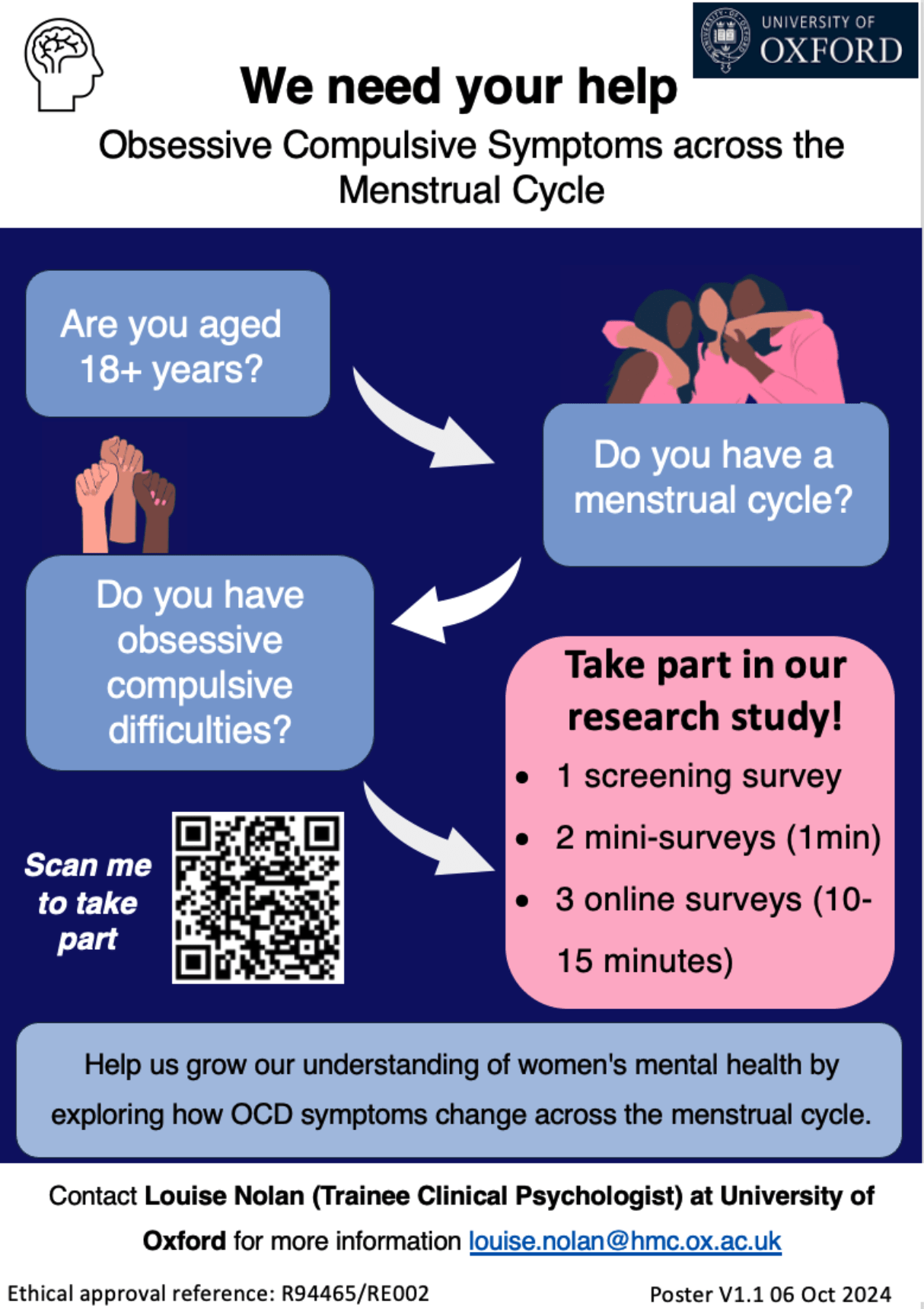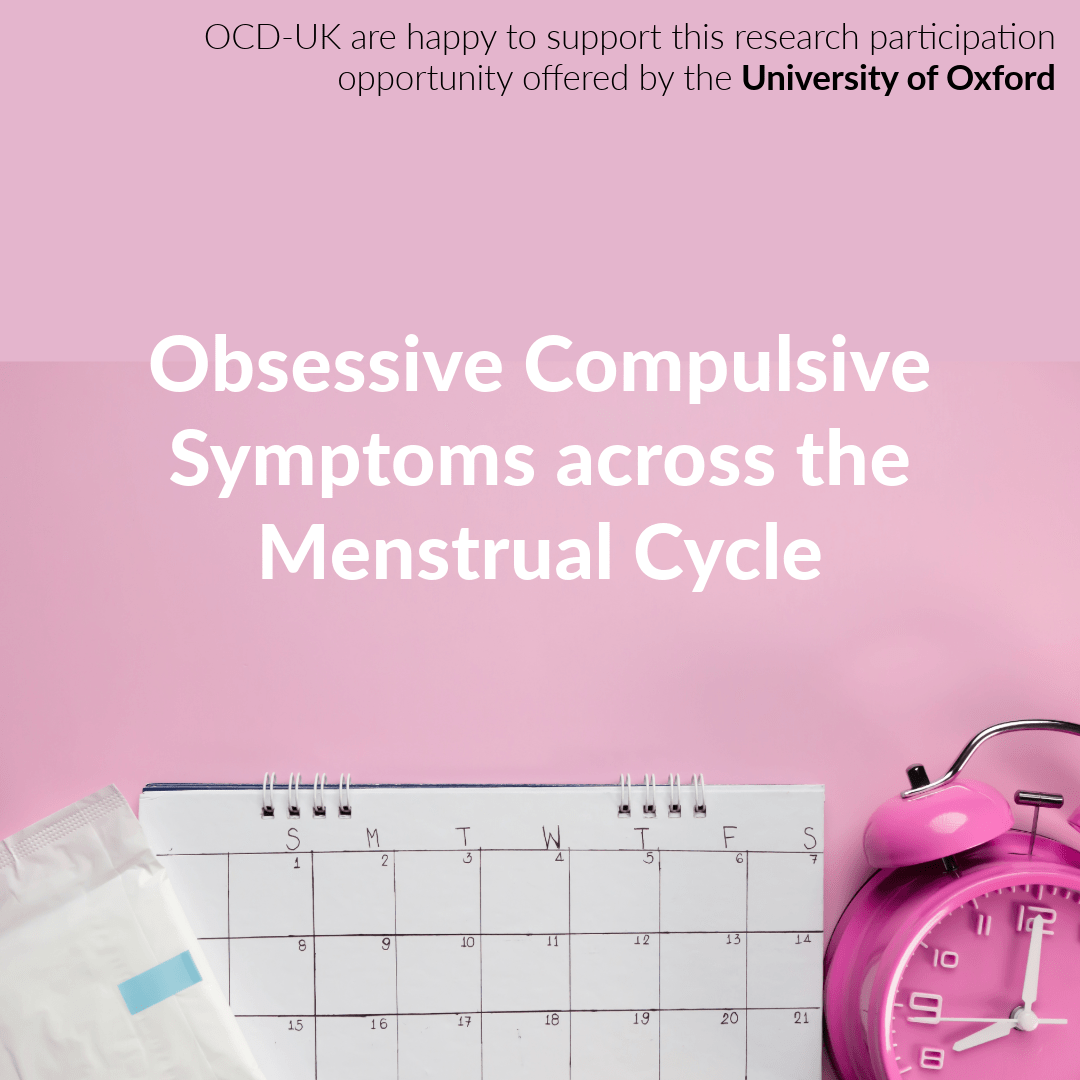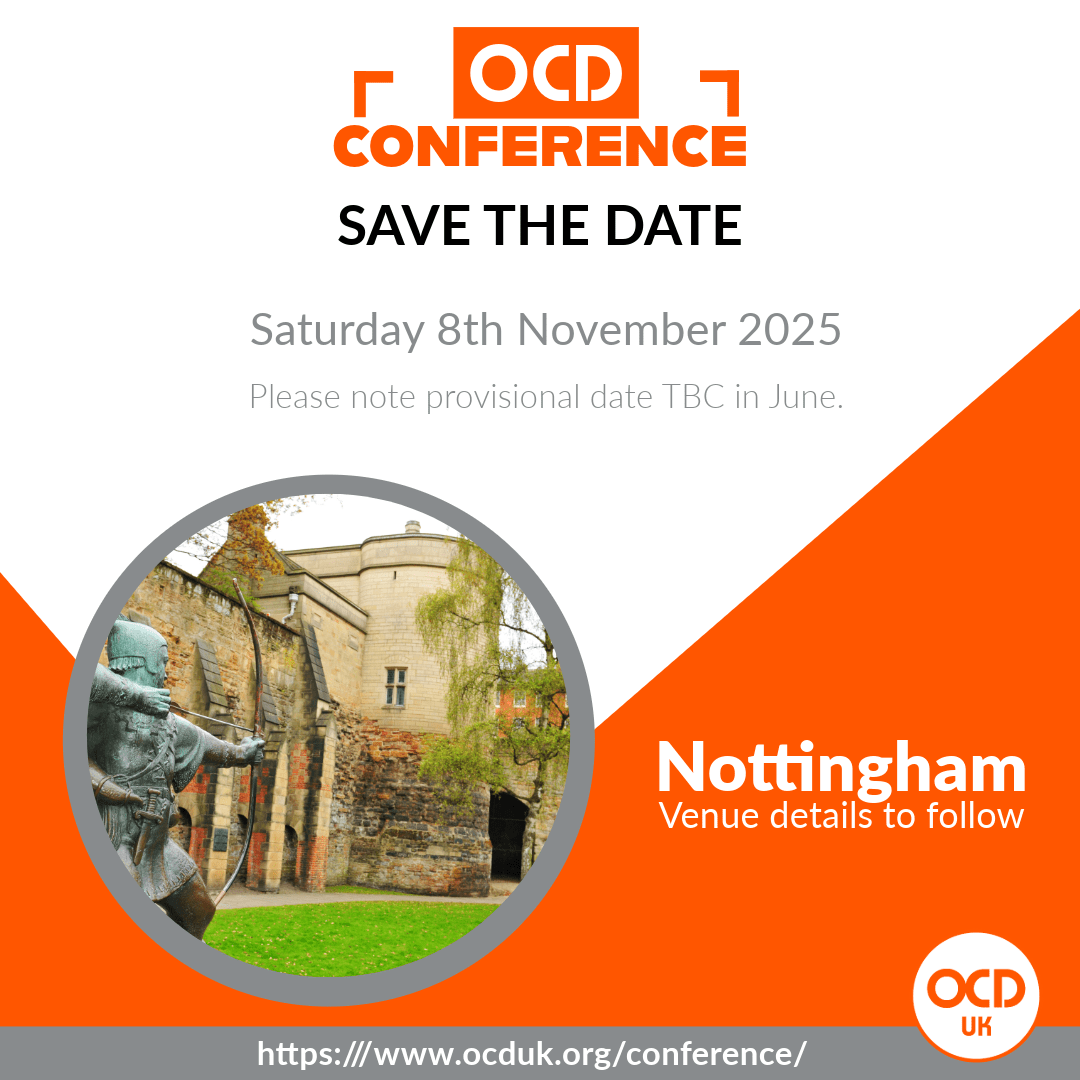University of Oxford Medical Sciences Interdivisional Research Ethics Committee (MS IDREC) – Approval Number: R94465/RE002. Research Governance, Ethics & Assurance Team University of Oxford, Boundary Brook House, Churchill Drive, Headington, Oxford OX3 7GB ethics@medsci.ox.ac.uk
OCD Research
Research plays a significant role in helping us better understand Obsessive-Compulsive Disorder and to further develop evidence-based treatments available for people living with OCD.Whenever we are approached by a researcher we carry out our own due diligence, we have a duty to you our supporters, to protect your rights, dignity, well-being, valuable time and, of course safety. We ask questions of the research project and review thoroughly before we promote the research on our website. OCD-UK believes this policy on being selective in the research we promote ensures our supporters can have confidence in participation of this research listed below.
You can read our full policy on research promotion here.
Obsessive Compulsive Symptoms across the Menstrual Cycle
Summary
We are exploring how symptoms of obsessive compulsive disorder change across the menstrual cycle. To do this, we are looking for people:
- aged 18+ years old
- have a regular menstrual cycle (usually lasts between 25 and 31 days)
- self-identify as having obsessive-compulsive disorder (OCD)
- not currently taking hormonal contraceptives (e.g., the contraceptive pill)
- not currently pregnant, breastfeeding or trying to conceive
- do not have a diagnosis of any hormonal or menstrual disorders (e.g., Polycystic Ovary Syndrome/PCOS)
What is the purpose of the study?
This research investigates how Obsessive-Compulsive Disorder (OCD) symptoms change across the menstrual cycle. We are focusing specifically on the premenstrual phase—the days just before a period—when symptoms can worsen, a phenomenon known as Premenstrual Exacerbation (PME). Currently, there is limited prospective research on PME in OCD, and little is known about the factors that might contribute to this symptom increase.
One key factor of interest is “disgust sensitivity,” or how easily a person feels disgusted. Disgust sensitivity, which can fluctuate throughout the menstrual cycle, is associated with specific types of OCD, such as contamination-OCD. This research therefore aims to explore whether changes in disgust sensitivity might play a role in worsening OCD symptoms during the premenstrual phase.
What will participants be asked to do?
This is an online study. If you agree to take part, you will be asked to complete an online screening survey which will include questions about you (such as age, gender), OCD symptoms and your menstrual cycle. This should take about 10-15 minutes. If included in the study, participants will be asked to complete an online questionnaire at 3 points in their menstrual cycle. This will measure OCD symptoms, mood, and disgust sensitivity and takes around 10 minutes.
In order for us to confirm when your menstrual cycle starts and ends, we will send 2 mini-surveys around the time your next two periods are due – this will ask you to confirm if your period has started and takes less than 1 minute.
How to take part.
To take part in the study or for more information, please complete this 10-15 minute online screening survey: https://psychiatryoxford.qualtrics.com/jfe/form/SV_8uASbubaiU9eU86. If you have any questions about the study, please contact lead researcher, Louise Nolan, by emailing louise.nolan@hmc.ox.ac.uk. You can also follow the research on Instagram account @ocdandperiods.
Conference Presentation
Lead researcher Louise Nolan outlined the current research in this area and her research plans as part of our 2024 online conference. The recording of the presentation is available to watch here.

























